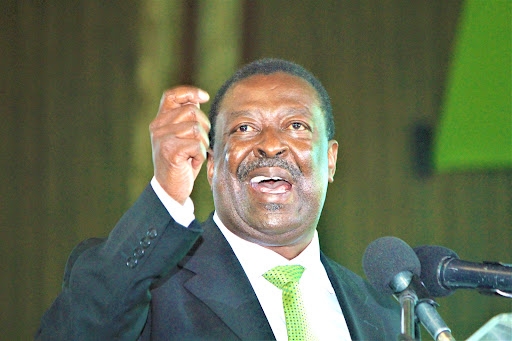
The country’s political landscape is poised for a major shake-up if proposed reforms to rein in rogue political parties and curb party hopping are implemented.
Outgoing Registrar of Political Parties Anne Nderitu has recommended sweeping changes to streamline party operations and enhance internal democracy.
She presented her report to the Senate’s Justice, Legal Affairs and Human Rights Committee.
The proposals include measures to ban handpicking of candidates by party leaders and officials and impose term limits on interim party officials.
The measures also seek to prohibit party hopping within three months of a general election and mandate the public disclosure of coalition agreements to promote transparency.
Nderitu wants the Political Parties Act amended to outlaw the direct nomination of candidates by party leaders and internal organs.
Instead, she insists that nominations should be determined solely by party members, either through universal suffrage (direct nominations) or by elected delegates (indirect nominations).
“Party nominations must centre on party members,” she said. “Political party organs cannot replace the role of members in electing or selecting candidates.”
To promote transparency, the registrar has called for mandatory publication of coalition agreements, citing confusion and legal challenges witnessed in the last electoral cycle.
“There is a need to clarify how a coalition party meets the conditions for full registration, including the requirement of membership as outlined in Section 7 of the Political Parties Act Cap. 7D,” Nderitu said.
Targeting the frequent movement of elected officials across party lines, the ORPP proposes a ban on party hopping within three months of a general election.
Nderitu highlighted a legal loophole that allows such shifts without triggering by-elections, since the Constitution bars by-elections within that timeframe.
“A by-election cannot be held three months to a general election, yet members who defect ought to lose their seats,” she said.
“We must address the constitutional right of citizens to representation to avoid leaving voters without parliamentary or county representation.”
She further recommended legal timelines for resolving disputes arising from resignations, expulsions and party membership terminations, aligning such processes with Articles 104 and 194 of the Constitution.
The registrar is also calling for a legal requirement that political parties submit a list of democratically elected officials within 18 months of full registration.
This is aimed at stopping the trend of interim officials holding office indefinitely without internal elections.
Nderitu has proposed amendments to Section 40 of the Political Parties Act, which governs the mandate of the Political Parties Disputes Tribunal.
While the tribunal currently handles party nomination disputes, she says the law must also clarify its jurisdiction over disputes related to party list development.
She also recommends that ad hoc members of the tribunal be appointed at least nine months before a general election — an extension from the current six-month timeline — to ensure adequate capacity to resolve electoral disputes in good time.
If adopted, these reforms could significantly alter Kenya’s political party culture. They would enhance internal democracy, curb political opportunism and increase transparency in party operations.












